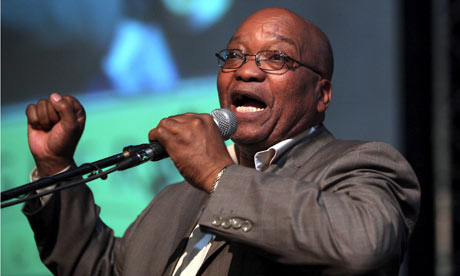The first step towards the economic integration of West Africa was the establishment of the Economic Community of West African States (ECOWAS) in 1975. Under the ECOWAS treaty, it was envisaged that the 16 member-nations would form a common market. Subsequently, the heads of state and government adopted the ECOWAS Monetary Cooperation Program (EMCP) IN 1987. Under the initiative, it was envisaged that all the countries would come together to form a single monetary one by 2000, from the eight currencies in the sub-region, one of which is the CFA franc.
“By integrating the economies in west Africa, monetary integration will lead to the creation of a single regional market,” said Oladimeji Alo, director general of the Financial Institutions Training Center (FITC) based in Lagos, Nigeria. “This new unified market of over 210 million people spread over 16 member countries with a GDP of over $100billion is an enormous market, when compared with the otherwise fragmented markets of individual countries,” he noted.
To achieve the ultimate objective of a single currency, member countries are required to implement a number of measures including: adoption of a market based exchange rate system.
At present, 15 West African countries use the CFA as their common currency. Notably, the CFA has been linked to the French franc but switched its link to the Euro recently. With this development, it is very unlikely that the West African members of the CFA zone will be too keen to abandon their attachment to their colonial masters (France) and start using the nigeria_note“ECOI”. Countries like Liberia and Cape Verde have already expressed their reservations about plans for a new common currency. Other (relatively smaller) ECOWAS member-states also do not foresee any significant advantage for themselves with the introduction of the ECOI.
Therefore, according to several well placed sources, while the establishment of a single currency in a region usually strengthens economic stability via increased trade exchanges and new opportunities for external investment, it is quite doubtful whether the ECOI would be able to realise such benefits in the initial stages.
The International Monetary Fund, the European Union, the Economic Community of Africa, the European Central Bank and the Bank of England are continuing to back a proposal for the West African common currency. What happens next is anyones guess.






